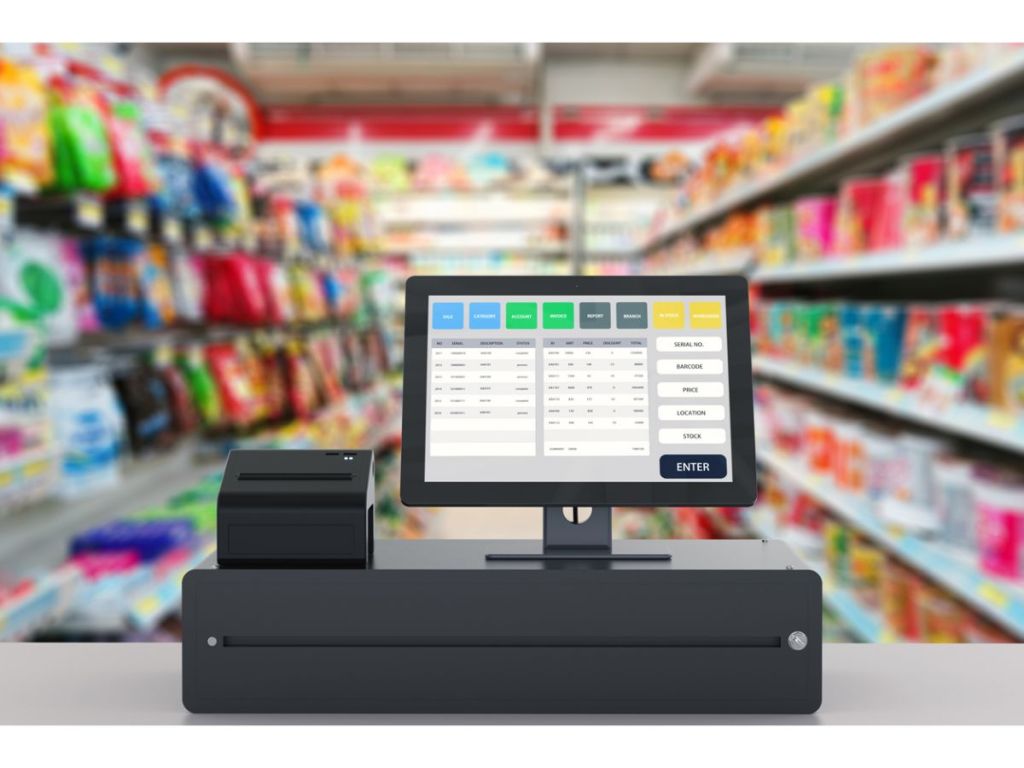The Australasian Association of Convenience Stores (AACS) State of the Industry Half Yearly Report 2020 shows the industry is in growth, despite COVID-19.
The report, prepared for AACS by Convenience Measures Australia, found the industry experienced a 0.8% sales growth for the half and a healthy 2% growth spike in the June quarter.
Among the best performing categories were energy drinks and carbonated beverages, which had a MAT of 3.8% and 3.2%. However overall packaged beverages saw just a 1.0% growth.
However the pandemic is having an impact on select categories. While food on the go was the second highest performing category in 2019 for both dollar and percentage growth, with more people working from home due to restrictions, this slipped slightly in the June quarter, down 4.4%.
Less people on the road has also hit dispensed beverages, which was down to 5.9% MAT for the half, down from a MAT growth of 18% last year.
The increase of people working from home did however drive positive gains for take home food, which was up 7.8% in the last quarter.
We’re also all seeking less sweet treats, with confectionery down MAT -0.9% following a 10.6% decline in the June quarter. The gum and medicated category has been particularly hard hit, down close to a third (29.8%) last quarter. Chocolate, however, is growing, up 5.8%.
Ice cream has proved the strongest category for impulse snacking and was up 8.2% in the June quarter and up 3.6% MAT for the half.
Snackfoods has slowed to a 0.1% MAT gain, down from a growth of 4.1% in 2019.
One trend to emerge in the report was the differing statistics across states. While Western Australia, South Australia and Queensland saw healthy increases of 9.3%, 3.4% and 3.3% respectively, New South Wales grew just 1.0% while Victoria experienced a 3.7% decline for the half.
AACS CEO Jeff Rogut said the numbers were encouraging, given the many challenges thrown at the industry by the pandemic.
“The first half result for the convenience channel, particularly given the circumstances, is very strong and a testament to the quality of service, safe store environment and consistent hard work of the operators and employees in our industry,” AACS CEO Jeff Rogut says.
“Growth has been maintained in many categories and even though people are staying home more, meaning fuel destinations visits are down, those categories which have been the subject of innovation and which are the future of our industry, including fresh food and coffee, are well-placed to rebound once a sense of normalcy returns.”
Mr Rogut added the work AACS has undertaken with the government to see convenience stores deemed an essential service has seen c-stores be regarded by shoppers as a safe and reliable portal to purchase items, adding many had come to view stores as preferable to large, crowded shopping centres.
Mr Rogut noted the pandemic was likely to continue to impact the industry, but believes it will continue to thrive despite the challenges.
“Obviously, challenges remain and the full year result for the industry – like every industry – is likely to be further impacted by the pandemic. But those who work in the industry can be confident that the value proposition the convenience channel provides to consumers is clear,” Mr Rogut said.
“If anything, the important role we play in local communities across Australia has been reinforced in these unprecedented times.”

